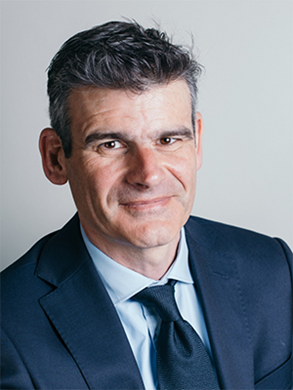Lifetime ISA (LISAs)
Shorter term priorities might include saving a deposit for your first home, so you might look at a Lifetime ISA (LISA) alongside your pension. For people up to age 40, the government adds a 25% bonus to everything you save up to £4,000 a year – that’s potentially a free £1,000 a year.
When they were first launched, some thought the LISA would be a viable alternative to a more traditional pension, as you can withdraw your money at any time before you turn 60.
However, doing this incurs a penalty charge of 25% on the whole amount, unless you use it to buy your first property under the age of 40, or are terminally ill with less than a year to live, so they are suited to saving towards a first home or as long-term additional savings.
Hewitson said: “There’s definitely a place for LISAs for people under 40 and they’re a great way to create a savings habit that can actually help people with their pension planning. Once they have used the LISA savings for their house deposit, they could carry on that savings habit but put some of it as an additional contribution into their pension savings.”
Spencer added: “Everyone’s circumstances are different and as a general rule, a pension is better than a LISA for meeting your retirement objectives. However, for buying your first home, a LISA could be a valuable savings vehicle for some.”
Traditional ISA (ISAs)
Traditional ISAs have a £20,000-a-year limit (half that of a pension) but unlike a pension, it gives you access to your savings before retirement and there is no tax to pay on any investment growth you earn or money you withdraw.
Hewitson said: “You save from your net rather than your gross pay so you’ll have less money left over each month than you would if you paid the same amount into a pension, but the cash you take from an ISA is tax-free and access isn’t restricted by age.”
There are two kinds of ISA: a cash ISA, which is basically a savings account, or an ISA that invests in stocks and shares – both have a level of risk associated with them.
“The value of any investment funds you have in an ISA can go down as well as up, just as they can in a DC pension like the USS Investment Builder,” said Spencer.
Hewitson added: “Even cash isn’t a risk-free investment due to the effect of inflation on its buying power, however they are relatively easy to understand and easy to access.”
“Whilst a workplace pension benefits from tax relief on contributions, employer contributions and in some cases a guaranteed income (DB) at retirement, an ISA is a different thing altogether, providing an additional savings vehicle suited to more flexible savings needs.”



